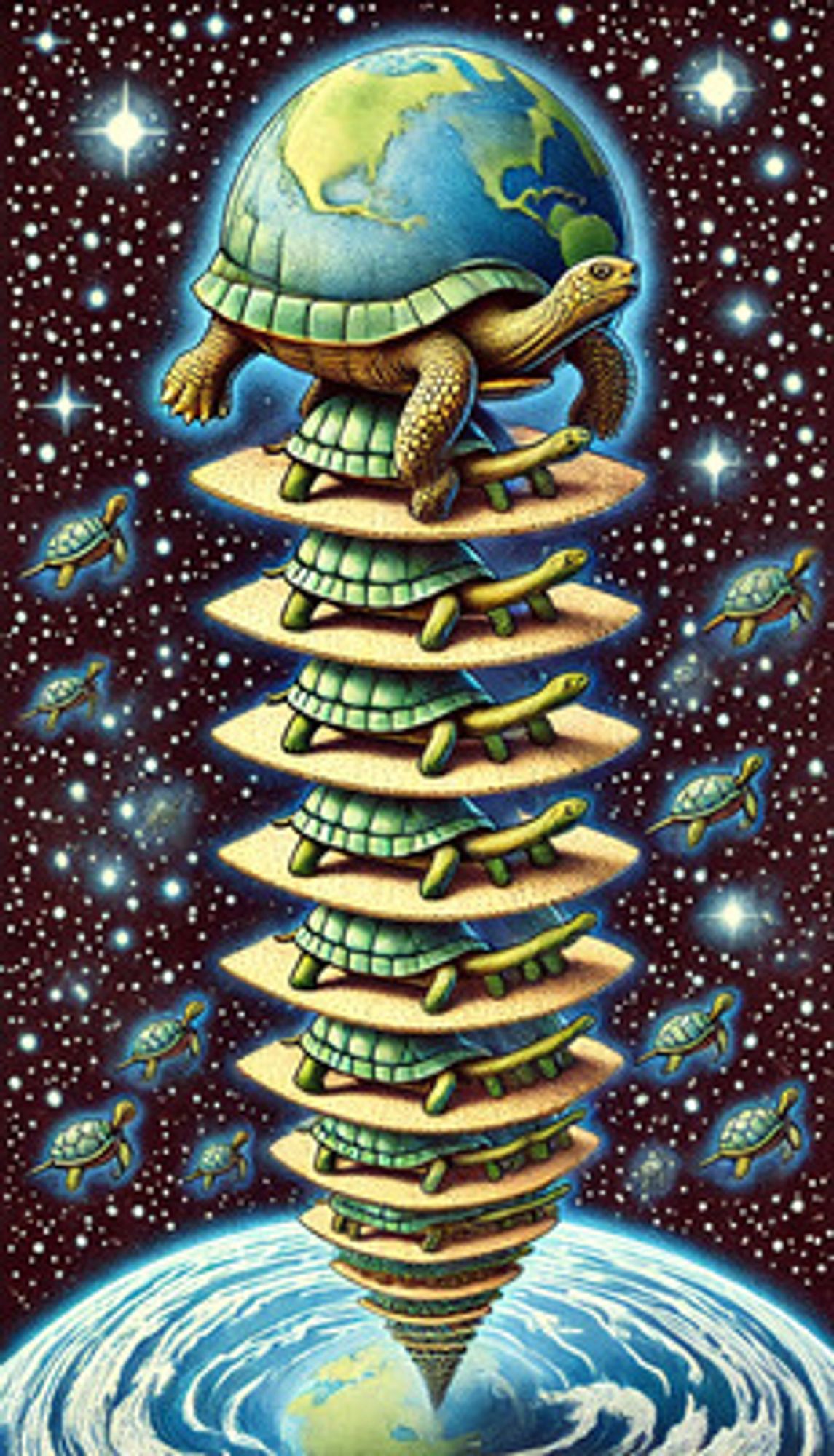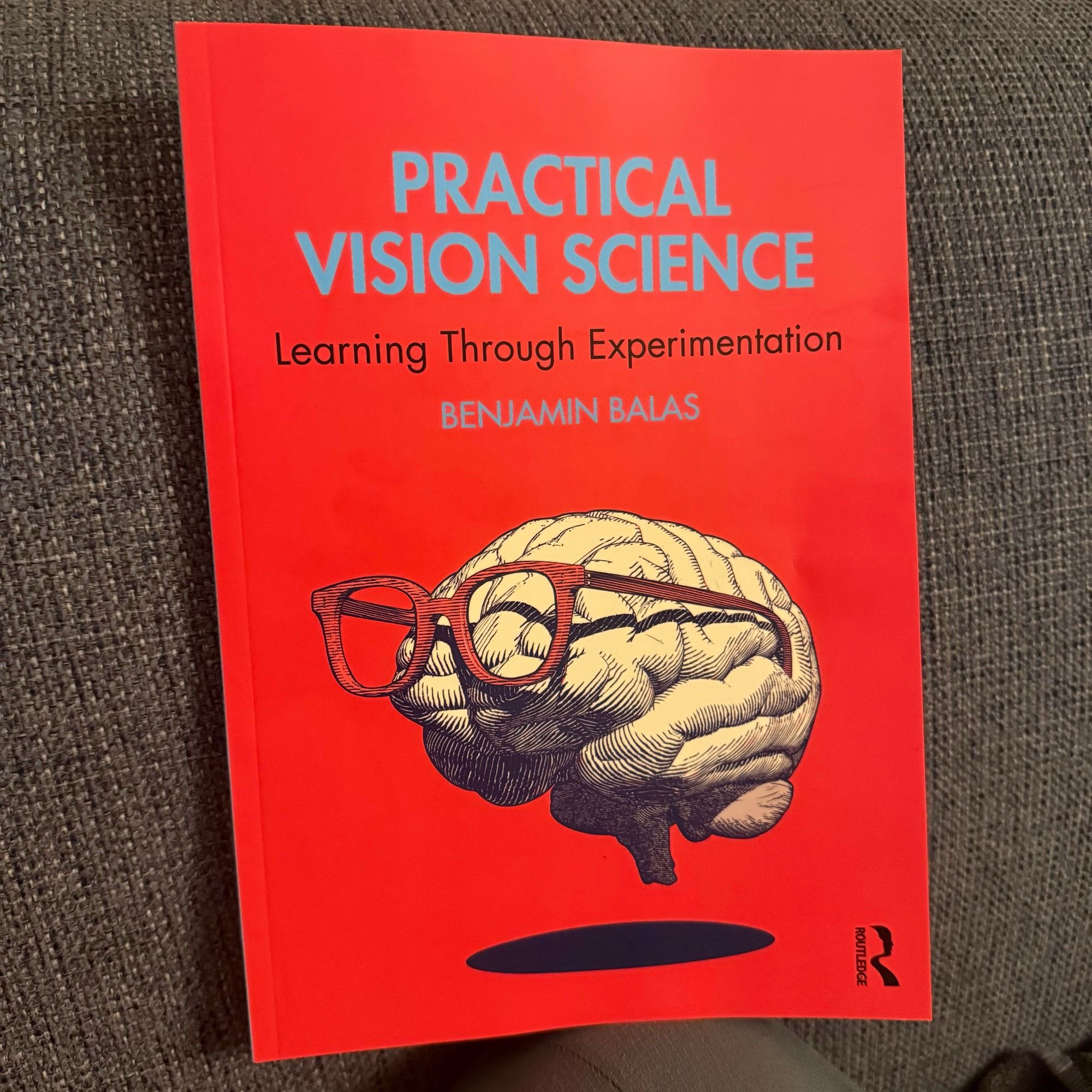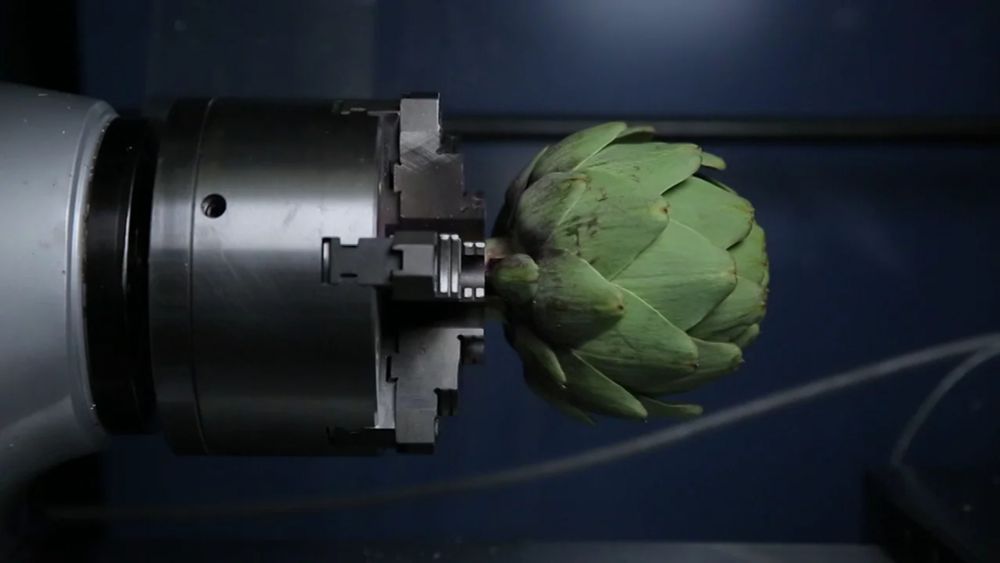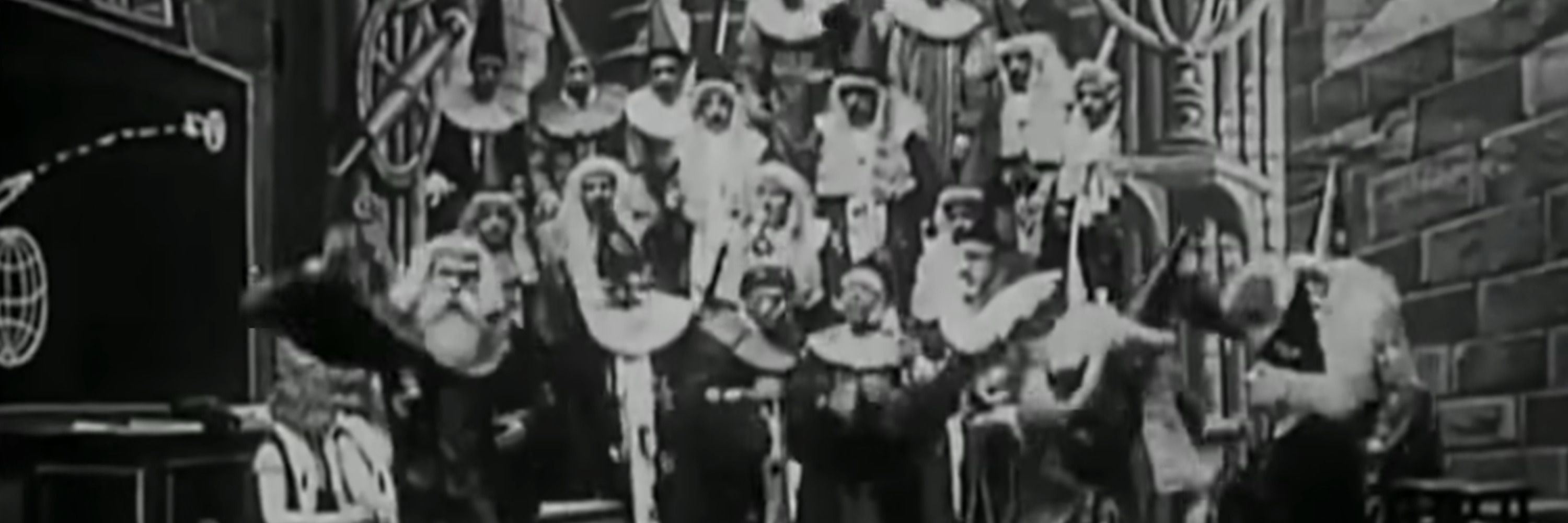
Does encoding the present compete with predicting the future? Across 3 studies, we find that encoding and prediction are coupled, not competitive! Proud of co-first authors Craig Poskanzer & Hannah Tarder-Stoll, along w/ @raheemajavid.bsky.socialosf.io/preprints/ps...
In this post, I propose a simple description of when pictures appear distorted, and how multiperspective photography creates distortion-free wide-angle pictures. This is part of my new perspective perception theory for art and photography. #visionscienceaaronhertzmann.com/2024/09/09/d...
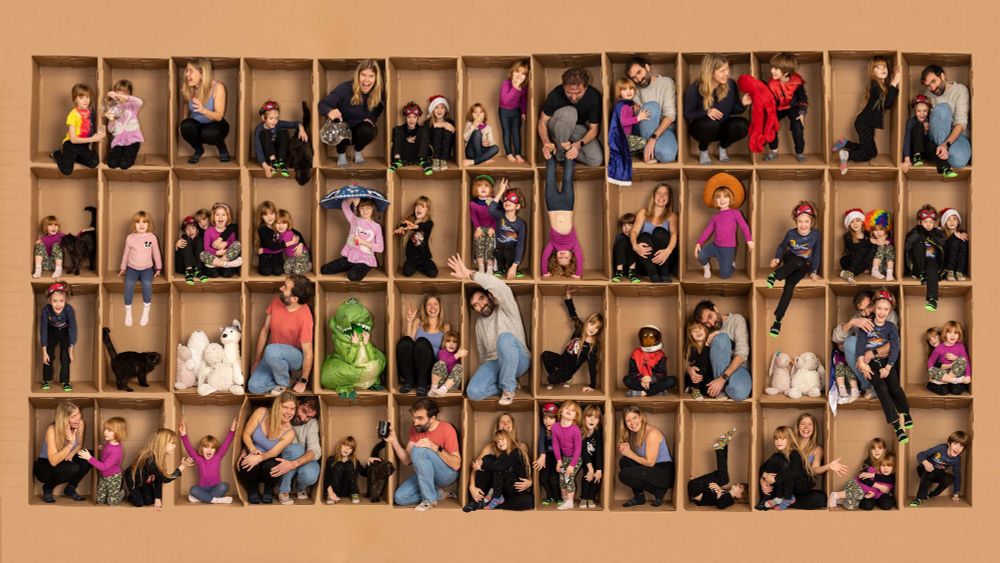
A theory describing when picures look distorted.
I casually started watching Lecture 1, and before I knew it I was seven lectures in. Highly recommend.
For the new science refugees here, I invite you to slip into the warm embrace of 20+ hours of free soothing lectures on scientific methods, a stats course for people who hate statistics, would rather be doing research or planning revolutions. Try the 1st vid - it's not what you expect. #stats 🧪
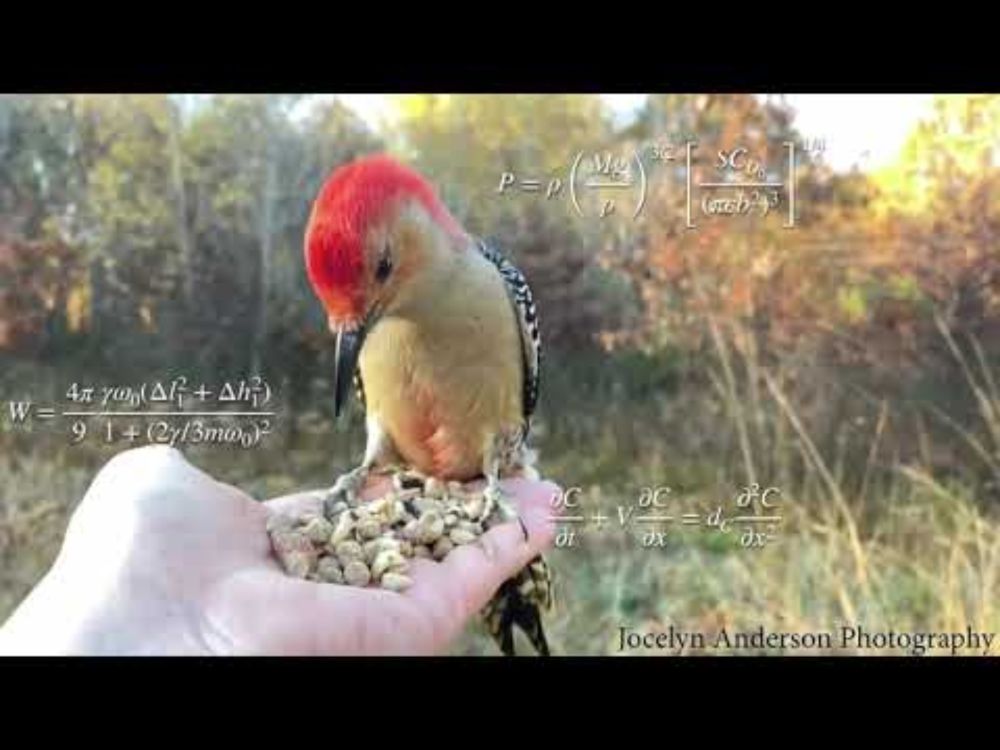
Share your videos with friends, family, and the world
TechnoSphere--an online digital ecosystem simulation--was launched OTD in 1995. Users could create their own creatures and watch them interact. Although the character parameters were simple, spontaneous group behaviors such as herding emerged, and follow-on changes in predator strategies. 🌱🐋 🦋🦫🧪🌎

What an awesome resource!
We're thrilled to announce the release of the Visual Experience Dataset — over 200 hours of synchronized eye movement, odometry, and egocentric video data. This dataset will be a game changer for perception and cognition research. arxiv.org/abs/2404.18934 1/

We introduce the Visual Experience Dataset (VEDB), a compilation of over 240 hours of egocentric video combined with gaze- and head-tracking data that offers an unprecedented view of the visual...
Finally got around to watching this talk. Tobias Schlicht (@tobiasschlicht.bsky.socialwww.youtube.com/watch?v=-nHD...
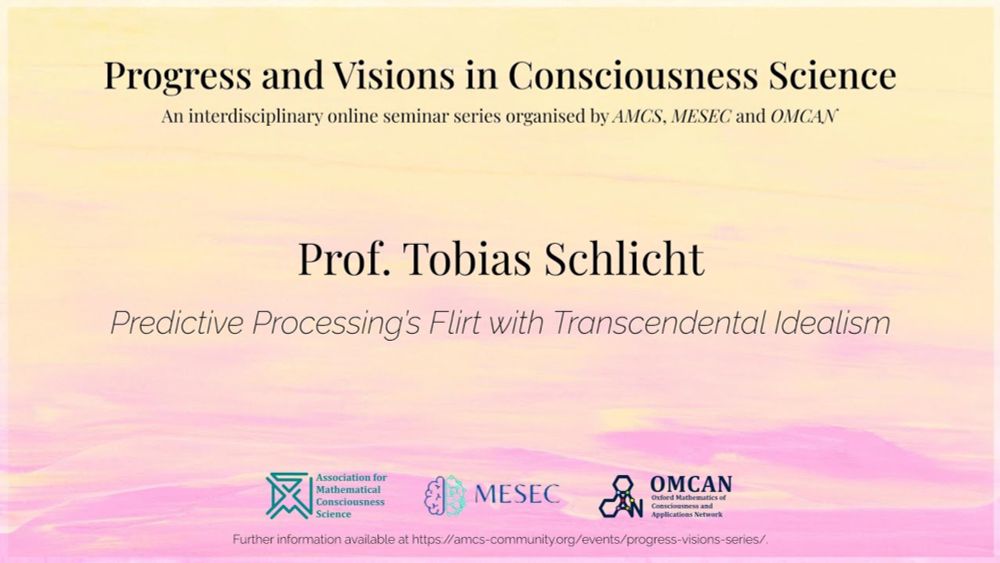
Abstract: The popular Predictive Processing (PP) framework posits prediction error minimization as the sole mechanism implemented in the brain that can account for all mental phenomena, including consciousness (Hohwy 2013, Clark 2016). In this talk, I emphasize three ambitions put forward by its proponents, relate them to each other, and conclude that none of them can be satisfied by PP. These ambitions can be labelled (1) “Comprehensiveness”, (2) “Realism about Bayes”, and (3) "Naturalism”. The starting point is the central claim that experiential content is identified as the brain’s currently best hypothesis about the world, which “leaves phenomenology at one remove from the world” (Hohwy 2013, 48) and turns perception into “controlled hallucination” (Seth 2021, 186), such that “what we see is never simply how things are” (Clark 2023, xiv/24), i.e., “we never experience the world as it is” (Seth 2021, 92). This claim results from scientific realism about Bayesian modelling, manifest in statements like that the brain “is a Bayesian mechanism” (Hohwy 2013, 25). I connect this result to Kant’s Transcendental Idealism and argue that this impedes PP’s ambition of naturalism as a metaphysical claim about the world as it is, going beyond the contents of experience. A further tension arises with the ambition of comprehensiveness, since when the framework is applied to our investigations of the brain, it is clear that not only cannot consciousness be explained in this way, but neither can we make sense of neuroscience (Zahavi 2018), Frank, Gleiser, Thompson 2024). This leaves proponents of PP with two options. The first is to endorse Transcendental Idealism and give up ambitions (1) and (3). Another option is to retreat from the scientific realism about the Bayesian modelling in favor of either a more moderate instrumentalism (Colombo, Elkin, Hartmann 2018) or a more moderate “haptic realism”, neither of which are committed to the assumption that a Bayesian model of the brain is to be taken literally, as a “truth-apt representation” (Chirimuuta 2024, 38). But this way of conceptualizing the status of Predictive Processing makes it completely independent of naturalism and does not support any claims in this regard.
Announcing the launch of the Open Encyclopedia of Cognitive Science: oecs.mit.edu! OECS is a freely-available, growing collection of peer-reviewed articles introducing key topics in cogsci to a broad audience of students and scholars.

A dialogue in which ChatGPT encounters, and repeatedly attempts to illustrate, "turtles all the way down" — www.truesciphi.ai/p/autoregres...
